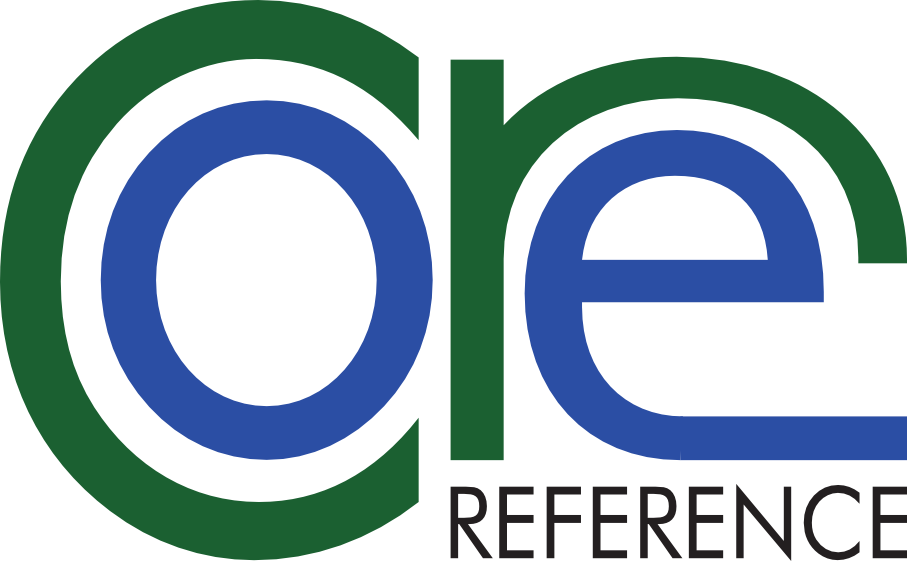May 2020
1 - Eudamed Delay and Impact on Devices Transparency
This RAPS article reviews possible ramifications caused by the delay in launching the European Union’s new electronic database, the European Database on Medical Devices (Eudamed).The author discusses potential issues when clinical investigation data is not transparent or accessible. Until Eudamed is available, posting study results on other databases is recommended so manufacturers can meet requirements for clinical investigation transparency and disclosure while sharing clinical investigation information, necessary to maintain public trust.
2 - COVID-19 Impact on Clinical Trial Disclosure and Transparency
Regulatory authorities have released guidance documents focusing on the impacts of the COVID-19 pandemic on study start-up activities, changes to ongoing study procedures, and items considered urgent safety matters during this pandemic. This PHUSE blog considers the impacts of COVID-19 on clinical study disclosure and transparency, offering guidance from industry experts on what may require immediate action, as well as consideration of future implications.
3 - Resources Planned for Prague May 2020 Conference Posted
We had planned to present two topics at the Prague May 2020 EMWA Conference which was cancelled. Due to the time-sensitive nature of the content, we are making these resources available now at www.core-reference.org/publications under the section titled 'Presentations'.
Slide Decks:
- Gertel A, Hamilton S (planned presentation 08 May 2020, EMWA Prague conference cancelled). “Critical Review of the TransCelerate Template for Clinical Study Reports (CSRs) and Publication of Version 2 of the CORE Reference (Clarity and Openness in Reporting: E3-based) Terminology Table”
- Gertel A, Hamilton S (planned presentation 07 May 2020, EMWA Prague conference cancelled). “Docket # FDA-2019-N-2012. New Drugs Regulatory Program Modernization: Improving Approval Package Documentation and Communication”
Art and Sam hope that you find these resources useful.
4 - COCHRANE and IQWIG Urge EMA to Disclose CSRs on COVID-19 Therapeutics and Vaccines at Marketing Authorisation
On 14 May 2020, experts in clinical evidence from COCHRANE and Germany’s Institute for Quality and Efficiency in Health Care, wrote to EMA to urge prompt release of clinical study reports (CSRs) on the same day any product is authorised for use against SARS-CoV-2. This Statnews summary on the topic includes a link to the letter.
Art Gertel, CORE Reference Strategist offered the following perspective on this topic:
"While I have little argument against rapid posting of the CSR, a single CSR only represents a piece of the accumulated and submitted data and may not accurately represent the totality of the data across all studies. This could compromise the understanding of the gestalt of data, just as in the case of the criminal disclosure of Remdesivir data by a PI to her co-PIs in a teleconference that was later leaked to the press, thus violating GCP and, potentially biasing data evaluation. There was no telling (at the time, at least) as to whether results from her cohort, representing ~5% of the subjects across the study, were in any way consistent. They could easily have been outliers.
In addition, the author of the piece misleads re: EUA as being tantamount to endorsement: Meanwhile, the U.S. Food and Drug Administration acted on the information by issuing an emergency use authorization for hospitals. Although the authorization is not equivalent to a standard regulatory approval, the move was seen as an endorsement.
These are very provisional use approvals that, in no way allow full commercialization. Once the “emergency” is declared over, the provisional approval lapses and the innovator company must apply through the traditional IND/NDA/BLA/PMA/510(k) route, as applicable.”


